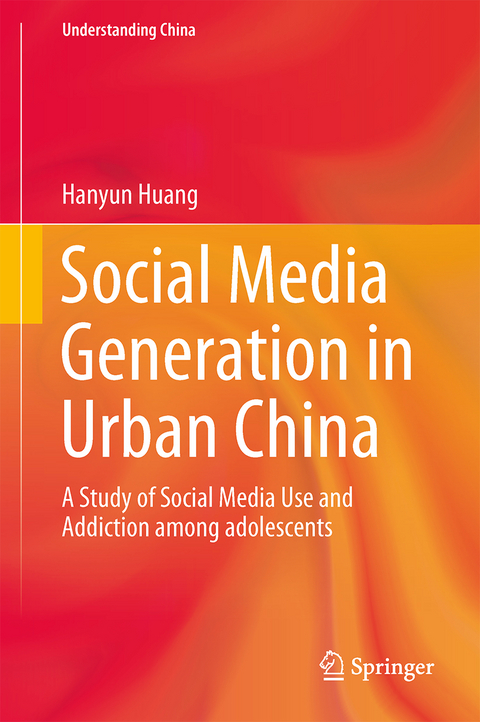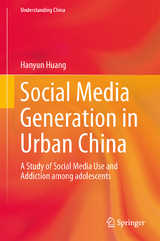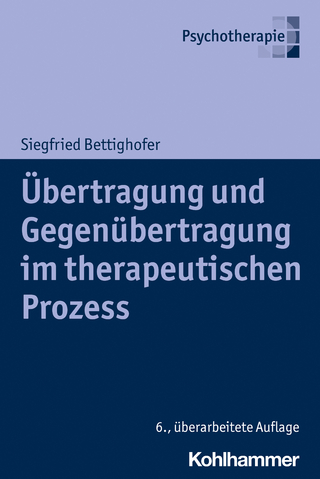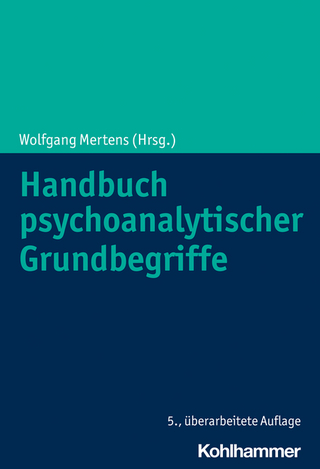Social Media Generation in Urban China
Springer Berlin (Verlag)
978-3-642-45440-0 (ISBN)
Social media such as instant messaging (IM), social networking sites (SNS), blogs and microblogs are an integral part of adolescents' lives in China. Anecdotal evidence reported in the news has suggested that the increasing popularity of social media could make adolescents more vulnerable to being addicted. This exploratory study proposes the concept of "social media addiction" and examines (a) whether social media addiction exists among adolescents in urban China and, if so, who the addicts are, what their symptoms are and to what extent they are addicted; (b) whether sociopsychological traits (e.g., need for affiliation, impression management, narcissism and leisure boredom) can predict social media addiction among adolescents; (c) what gratifications are obtained by adolescents from their use of social media and whether these gratifications can predict social media addiction and (d) to what degree social media addiction influences adolescents' academic performance and social capital.
This study employed quantitative questionnaire surveys among adolescents as the main research method, supplemented by qualitative pre-survey focus groups among adolescents and post-survey in-depth interviews among parents and teachers. Questionnaire surveys were conducted based on a multi-stage cluster sampling of seven middle schools in five urban Chinese cities: Beijing, Shanghai, Guangzhou, Shenzhen and Xiamen. The final sample consisted of 1,549 adolescents, of whom 90% had used social media. Using Young's classic definition of Internet addiction, 15.6% of participants were classified as social media addicts. The addicted adolescents were often self-absorbed, bored with their leisure time, and good at using manipulation through social media for impression management. Addicts experienced four major social media addiction symptoms: preoccupation, adverse consequences, alleviation of negative emotions and loss of interest in social activities.
The seven social media gratifications identified in this study can be categorized into social, information and entertainment gratifications. Among these, entertainment gratifications had the most power to predict social media addiction, while information gratifications were the least likely to lead to addiction. Furthermore, these gratifications were found to be powerful mediators between the adolescents' sociopsychological traits and social media addiction. Finally, the results also indicated that social media addiction and its symptoms had a significant negative impact on adolescents' academic performance and social capital.
Introduction.- Literature Review.- Research Methods.- Uses, Gratifications, and Addiction of Social Media.- Social Media Addiction and Sociopsychological Traits.- Social Media Addiction, Academic Performance, and Social Capital.- Beyond the Survey: What Parents and Teachers Said.- Discussion and Conclusions.- References.
"In her 2014 book Social Media Generation in Urban China - a Study of Social Media Use and Addiction among Adolescents, Dr Hanyun Huang introduces the concept of "social media addiction" and paints a vivid portrait of those young Internet users in China who are afflicted by this rising social problem. ... Huang's book provides a wealth of knowledge and high-quality data for scholars, educators, and policymakers to gain insights about problematic social media use." (Mike Z. Yao, Chinese Journal of Communication, Vol. 9 (3), July, 2016)
“In her 2014 book Social Media Generation in Urban China - a Study of Social Media Use and Addiction among Adolescents, Dr Hanyun Huang introduces the concept of “social media addiction” and paints a vivid portrait of those young Internet users in China who are afflicted by this rising social problem. … Huang’s book provides a wealth of knowledge and high-quality data for scholars, educators, and policymakers to gain insights about problematic social media use.” (Mike Z. Yao, Chinese Journal of Communication, Vol. 9 (3), July, 2016)
| Erscheint lt. Verlag | 29.1.2014 |
|---|---|
| Reihe/Serie | Understanding China |
| Zusatzinfo | XVIII, 143 p. 5 illus. |
| Verlagsort | Berlin |
| Sprache | englisch |
| Maße | 155 x 235 mm |
| Gewicht | 368 g |
| Themenwelt | Geisteswissenschaften ► Psychologie ► Psychoanalyse / Tiefenpsychologie |
| Sozialwissenschaften ► Kommunikation / Medien ► Kommunikationswissenschaft | |
| Sozialwissenschaften ► Kommunikation / Medien ► Medienwissenschaft | |
| Schlagworte | adolescents • Internet addiction • Social Media • Sociopsychological Traits • Urban China |
| ISBN-10 | 3-642-45440-2 / 3642454402 |
| ISBN-13 | 978-3-642-45440-0 / 9783642454400 |
| Zustand | Neuware |
| Haben Sie eine Frage zum Produkt? |
aus dem Bereich




